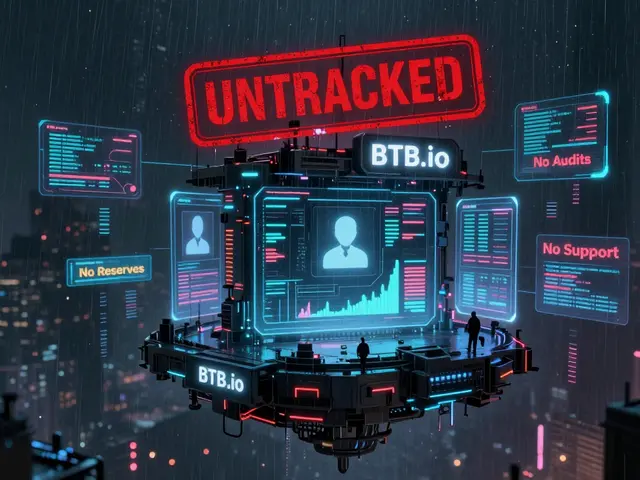DeFi Security: Protect Your Assets from Hacks, Scams, and Regulatory Risks
When you use DeFi security, the practices and tools that protect decentralized finance assets from theft, fraud, and system failures. It's not just about keeping your seed phrase private—it's about knowing which protocols are actually safe, who’s watching your transactions, and how governments are forcing changes that impact your control. Most people think DeFi security means using a hardware wallet. But that’s only the start. If the smart contract behind your yield farm has a backdoor, or if the exchange you’re using isn’t licensed, your money is still at risk—even if you never shared your private key.
Smart contract vulnerabilities, flaws in blockchain code that hackers exploit to drain funds are behind nearly every major DeFi hack in the last five years. From reentrancy attacks to oracle manipulation, these aren’t theoretical risks—they’re daily threats. Take the 2022 Ronin Bridge breach, where $625 million vanished because of a simple permission error. Or the countless rug pulls disguised as DeFi projects, like TigerMoon and Apple Network, where the code was never audited and the team vanished overnight. These aren’t outliers. They’re the norm in unregulated spaces.
Then there’s blockchain forensics, the tools authorities use to trace crypto transactions and identify illegal activity. Companies like Chainalysis and Elliptic help governments track ransomware payments, sanctions evaders, and darknet markets. That means if you’re trying to hide funds from regulators—whether in Iran, Syria, or anywhere else—you’re not as anonymous as you think. Even if you use a VPN to access Binance in Bangladesh, your on-chain activity can still be linked back to you. And with new rules like the UK’s VASP registration or Germany’s strict crypto custody laws, exchanges are being forced to collect your data. DeFi security now includes compliance, not just tech.
And don’t forget crypto custody, how your assets are stored and who controls access to them. If you’re using a centralized exchange like BityPreço or IslandSwap without knowing their licensing status, you’re trusting someone else with your money. No custody means no recourse. If the exchange gets hacked or shut down, you lose everything. That’s why places like Germany and the UK now require custodians to segregate assets and get licensed. If you care about safety, you need to ask: Who holds my keys? Is this provider regulated? Is there insurance?
What you’ll find here isn’t theory. It’s real cases: how Pakistan’s 15% crypto tax affects your wallet, why Iran’s state-run mining farms are a red flag for users, and how fake airdrops like VLX GRAND and 1MIL trick people into giving away access to their wallets. You’ll see how Mempool analysis helps traders spot big moves before they happen—and how that same data helps regulators catch criminals. This isn’t about fear. It’s about awareness. DeFi security isn’t something you set and forget. It’s a habit. A checklist. A way of thinking. And if you’re not staying updated, you’re already behind.




